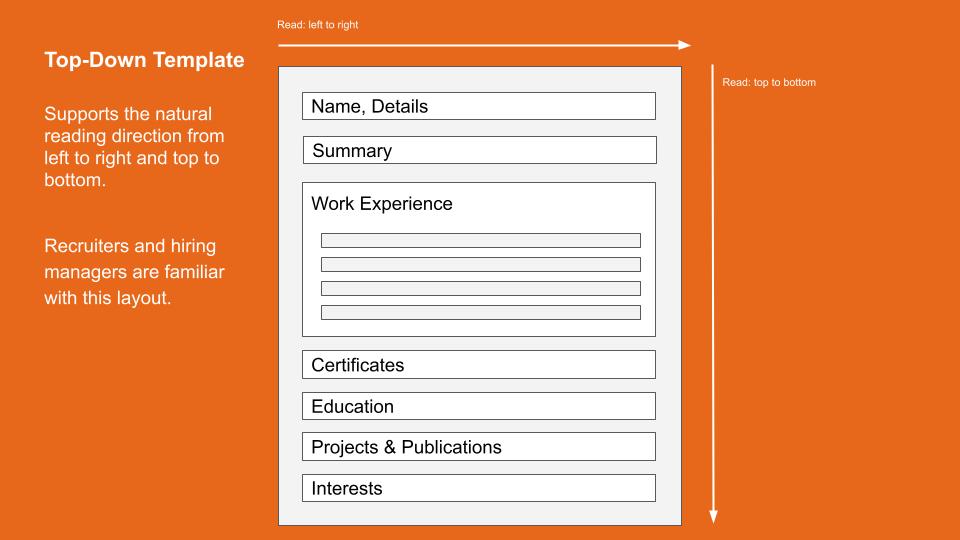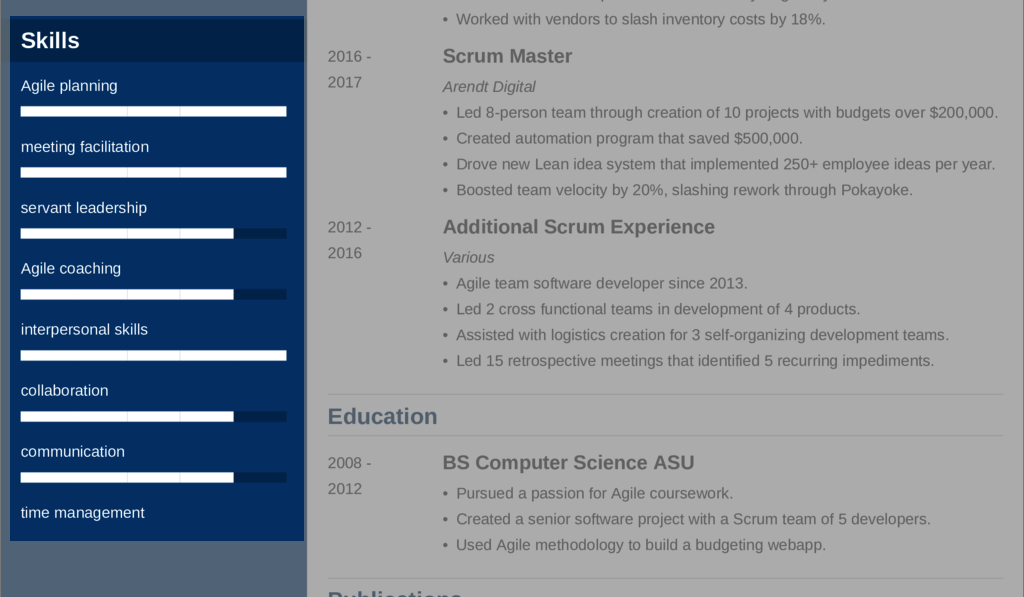Does Scrum work if you don’t have a Scrum Master? What about sprints? Estimates? And so on? Discover what you can, and cannot, live without in Scrum.
I used to love to tinker with things. One of my favorite things to do when I was younger was take something apart, see how it worked, and then put it back together again. And I’m pretty sure every time I did I had an extra part or two hanging around that didn't seem to affect the overall operation of the gadget at all.
It always left me wondering, which parts are truly necessary? And which are just nice to have?
So it’s no surprise to me when people want to tinker with the Scrum framework. But just like my transistor radio, VCR, and VW bug, some parts of Scrum are more essential than others.
I always recommend doing Scrum by the book when you first start out. But if you’re ready to do a little experimenting, I’ve put together some short videos on whether Scrum will work without certain elements. (And if you'd prefer to read instead of watch videos, I've got you covered.)
Can You Do Scrum Without … a Scrum Master?
Can you do Scrum without a Scrum Master?
Definitely not if you’re a new team. A new team will need someone who takes on the job of learning enough about Scrum to guide team members into it.
As the team gains experience, and I typically mean a lot of experience, it may be able to get by without a Scrum Master.
Notice I said get by. I didn’t say a team can thrive without a Scrum Master. A great Scrum Master helps a team by
Anticipating problems Facilitating meetings Removing any impediments to progress Coaching team members through the process Encouraging team members to collaborate more deeply and frequently And by generally doing anything they can to help the team.The Scrum Master doesn’t always need to be a full-time position. But doing Scrum without a Scrum Master is like having cake without frosting. You can, but why would you want to?
Can You Do Scrum Without … a Product Owner?
Can you do Scrum without a product owner? To answer that, remember that a product owner establishes the vision for the product, gets others bought into that vision, and creates, maintains, and prioritizes a product backlog that will achieve the product goal.
In short, the product owner decides what the team will work on and in what order.
If a team is not given a product owner, someone will inevitably step up to fill that role. Someone will say, “I guess we should start by building such-and-such.” And this person has just become the product owner, at least until that thing has been built and someone else decides what the team should work on next.
These people filling the void left when there is no product owner are not necessarily the best at deciding what the team should work on. But at least they’re helping by giving the team direction.
So can you do Scrum without a product owner? Not really, since someone will inevitably fulfill at least the essential duties of the product owner.
Can You Do Scrum Without … Sprints?
Can you do Scrum without sprints?
No, sprints are fundamental to Scrum.
These short 1- to 4-week timeboxes force team members to focus on achieving a meaningful goal in that period.
If you go without sprints, team members will be prone to the student syndrome. This is the tendency to start something at the last possible moment in which we can still finish it. Remember starting a final paper the last week, or the last night, when you were at university?
Without sprints, the goals seem safely distant and teams work without the focus or urgency they need to achieve great things.
If you don’t want to use sprints, which are more generally called iterations, you may want to look at an alternative agile process. Kanban, in particular, may better fit your needs.
But don’t call it Scrum if you’re not using sprints.
Can You Do Scrum Without … a Daily Scrum?
Can you do Scrum without a daily scrum meeting?
Yeah, kind of.
In today’s hyper-connected world, team members communicate with one another frequently. But we rarely sync up fully with everyone on the team at the same time. The daily scrum meeting is a time for doing that.
A short daily meeting allows team members to make mini plans for their days. You don’t want two people unknowingly working on the same thing. You don’t want the most important work of the sprint ignored because each of us thinks someone else is doing it.
A daily scrum can also create a tiny amount of peer pressure. A good amount. When I tell my teammates today that I’ll get something done by tomorrow, I don’t want to let them down. So I stay a little more focused on what I said I would do, because I don’t want to have to say tomorrow that I didn’t finish it.
I think you can be successful if you do these meetings a few times a week, but I think you’ll be even more successful if you do them daily.
Can You Do Scrum Without … Estimating?
Can you do Scrum without estimating?
Yes and yes.
Why two yeses? Because there are two levels at which a Scrum team can estimate: they can estimate their product backlog items and they can estimate their sprint backlog items.
You can be successful without estimating either, but there are some caveats depending on what your organization does.
That’s because teams estimate product backlog items for two reasons:
One, estimates enable you to make predictions like how much you can deliver in three sprints or when a certain amount of functionality can be delivered.
And, two, estimates help the product owner prioritize.
If no one is asking how much can be delivered by when and your product owner feels comfortable prioritizing without estimates, go ahead and forgo estimating your product backlog.
As for your sprint backlog items, estimating those can help the team determine more accurately how much work to bring into a sprint. You certainly don’t need to estimate those items if your team can already gauge how much work they can do.
But if your team often struggles to finish what they bring into the sprint, try estimating sprint backlog items, at least for a while.
Can You Do Scrum Without … Story Points?
Can you do Scrum without story points?
Absolutely! Story points are a useful way for team members to agree on an estimate. They get around a common problem: A senior team member thinks something will take one day, a junior team member thinks two days, and they’re both right, depending on who does the task.
I think story points are great because they help you avoid pointless debates, save time, and increase the chances that your estimates will be accurate. They are my recommended unit for estimating product backlog items. But not every team needs to estimate and you certainly don’t have to use story points if you do estimate.
If you do estimate your product backlog items, you can use person days or some other unit if you prefer. I do, however, think that you should give story points a try if you are estimating product backlog items.
Can You Do Scrum Without … Certification & Training?
Can you do Scrum without Scrum training or a CSM? Sure you can.
But if you want to be exceptional in your role or as a Scrum team, I highly recommend following the practice of continuous improvement by investing in professional development. Imagine if your whole team took the time to level set on the agile principles and Scrum practices, I bet that if that happened, you’d deliver more of what you need to, when you need to. And you’d probably get more enjoyment from doing it.
If you decide that’s something you want to explore, we offer training and consulting that ranges from on-demand videos to public classes to private team training.
And if you don’t feel training is valuable to you at this time. That’s OK too. But do find some way to invest in continuous improvement. The Elements of Agile assessment includes a free report to help you understand where your team is struggling and recommends some things to try. It might be a good place to start.
What other Scrum or agile practices that you have subtracted or added as your team has grown? How has it changed the way your team works? I’d love to know. Leave me a comment below. I read and value every one.









